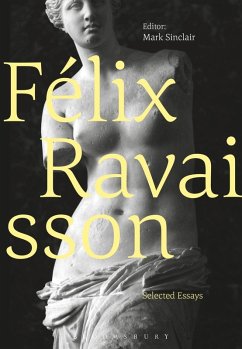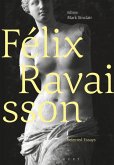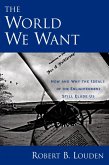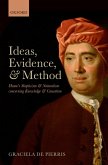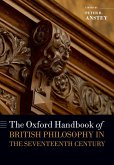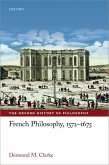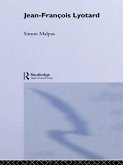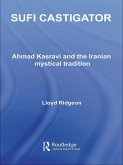This reader makes the key essays of 19th century French philosopher Félix Ravaisson available in English for the first time. In recent years, Ravaisson has emerged as an extremely important and influential figure in the history of modern European philosophy. The volume contains the classic 1838 dissertation Of Habit, studies of Pascal, Stoicism and the wider history of philosophy together with the Philosophical Testament that he left unfinished when he died in 1900. The volume also features Ravaisson's work in archaeology, the history of religions and art-theory, and his essay on the Venus de Milo, which occupied him over a period of twenty years after he noticed, when hiding the statue behind a false wall in a dingy Parisian basement during the Franco-Prussian war, that it had previously been presented in a way that deformed its original bearing and meaning.
Félix Ravaisson: Selected Essays contains an introductory intellectual biography of Ravaisson, which contextualises each of the essays in the volume. It also features an annotated bibliography of suggested further reading. This book will grant scholars and students alike wider access to his distinctive contribution to the history of philosophy.
Félix Ravaisson: Selected Essays contains an introductory intellectual biography of Ravaisson, which contextualises each of the essays in the volume. It also features an annotated bibliography of suggested further reading. This book will grant scholars and students alike wider access to his distinctive contribution to the history of philosophy.

